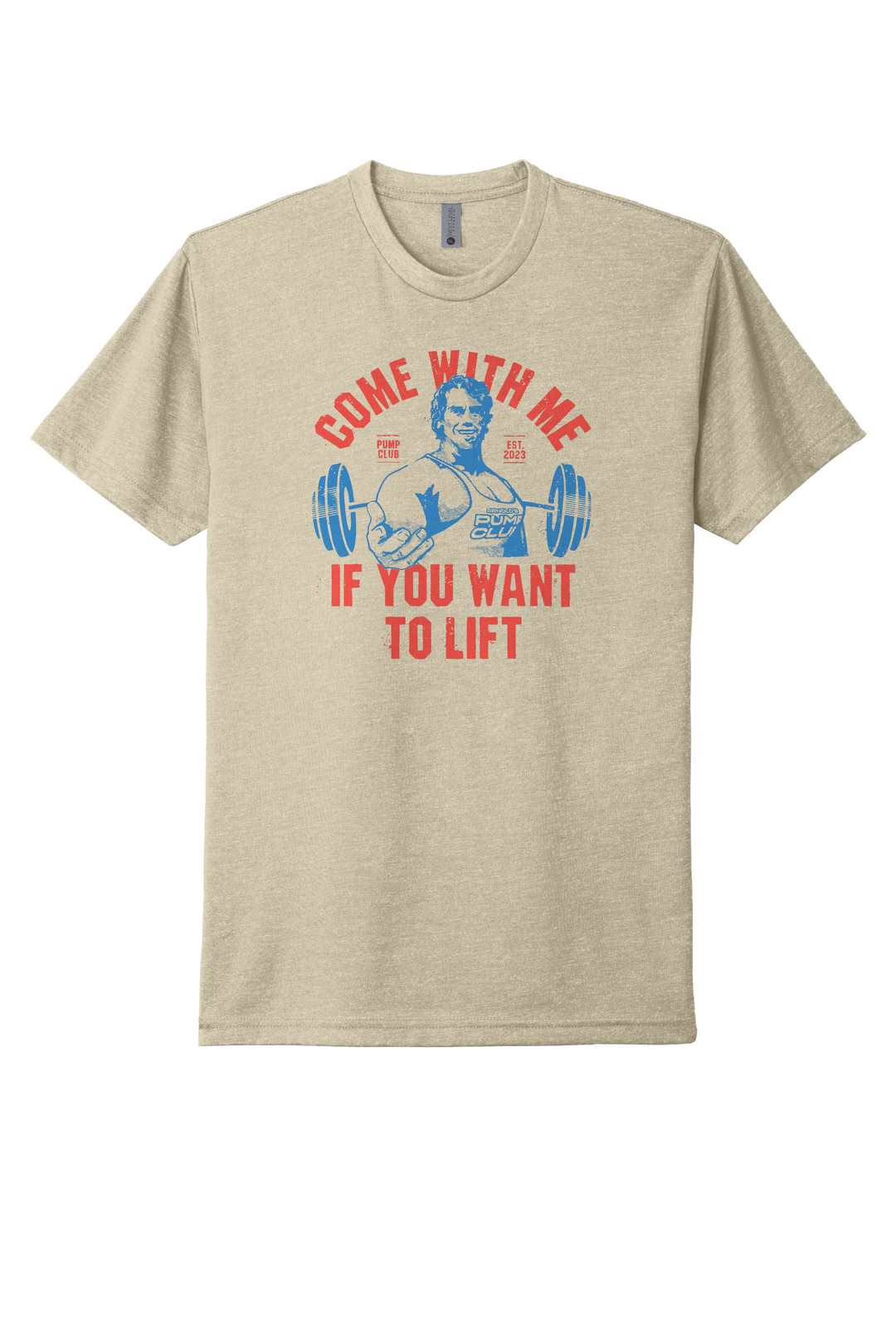Welcome to the positive corner of the internet. Here’s a daily digest designed to make you healthier in less than 5 minutes. If you were forwarded this message, you can get the free daily email here.
Today’s Health Upgrade
The 1-minute workout
Do high-protein diets shorten lifespan?
Recipe of the week: pancakes and bacon
Want more stories from Arnold? Listen to Arnold's Pump Club podcast. It's like the daily newsletter, but with additional narration and thoughts from Arnold. You can subscribe on Apple, Spotify, Google, or wherever you listen to podcasts.
The 1-Minute Workout
Arnold is famous for his double-split workout — two hours, twice a day — during his prep for The Olympia. That's what it took for him to become the greatest bodybuilder on the planet, but the amount of effort you need to become a healthier version of yourself is much less than you think (it even surprised us!).
Research on more than 25,000 people found that doing as little as one minute of high-intensity exercise (repeated a few times daily) can help you live a longer life. Those who performed short, intense bursts of physical activity and repeated it three to four times during the course of the day saw a 40 percent reduction in death from all causes and up to a 49 percent reduction in death from cardiovascular disease.
While it sounds gimmicky, the benefits of these "exercise snacks" is becoming too hard to ignore. In a different study, college students walked up and down three flights of steps three times per day, every day, for six weeks. They did no other exercise, but that consistent effort improved aerobic health and leg strength. And another study found that exercise snacks can help offset some of the negative metabolic effects of sitting all day at work.
Add it all up, and a little bit of movement done repeatedly over time can take your body a long way. Try adding whatever works for you, whether it’s 1 to 2 minutes of running up and down stairs or a 10 to 15 minute leisurely walk. Your body will thank you.
Fact or Fiction: Do High-Protein Diets Shorten Lifespan?
Is limiting protein the key to a longer life? We’ve been discussing longevity all week, and we’ve been hearing this question from the village, so we wanted to take it on.
Despite animal research suggesting too much protein can lead to a shorter lifespan, there’s not much human research that shows higher protein leads to a shorter life. In fact, research suggests that your protein needs increase as you get older, especially if you want to maintain your quality of life.
We spoke with some of the best researchers in the game, and they suggest that what you see in animal research isn’t necessarily applicable to humans, and oftentimes overstated. In one animal study, researchers reduced protein intake from 20 percent of total calories to just 4 percent. That change increased lifespan by half as much as just cutting calories and keeping more protein in the diet. In other words, reducing protein wasn't the key to the fountain of youth. Not to mention, it's unrealistic for anyone to have a diet of just 4 percent protein.
But here’s the more important point: as we age, our protein needs increase because our muscles start to break down. Sarcopenia is linked to disease and death in older age, and if you lose your ability to walk, move, and be active, then your quality of life drops significantly. Longevity research suggests resistance training lowers your all-cause mortality by 21 percent, and the combination of resistance training and cardio increases that number to 40 percent.
Our advice: the best life insurance is staying active and including enough protein to give your body what it needs to avoid breakdown.
Recipe of the Week: Pancakes and Bacon
It’s Adam again. I know the weekend is near, and if you want a special breakfast, I want you to enjoy a classic combination without any guilt. This recipe from You Can’t Screw This Up was a favorite of the people who tested the program.
Whether you love the kitchen or are new to it, this has no fancy ingredients and can be ready in as little as 20 minutes. And remember, even if your brain thinks this isn’t healthy, it is perfectly fine to dig in and enjoy!
Note: This recipe will make 6 fairly large pancakes (a serving is 2 pancakes)
Ingredients
4 slices uncured, nitrate-free turkey bacon
1 cup old-fashioned rolled oats
1 teaspoon baking powder
1 scoop whey or plant protein powder (this is optional, but bumps up the protein!)
1/4 teaspoon ground cinnamon
3 eggs
3/4 cup of milk of your choice
1/2 teaspoon pure vanilla extract
2 tablespoons butter
5 dates, pitted and finely chopped (optional, but goes great with the bacon)
2 tablespoons pure maple syrup
Instructions
1. In a small sauté pan on medium-high heat, cook the turkey bacon until crispy, three to four minutes per side. Remove from the pan, crumble into small bits, and set aside.
2. Combine the oats, baking powder, protein powder, and cinnamon in a blender or food processor. Pulse until the oats are the texture of flour. Set aside.
3. In a medium bowl, whisk the eggs, milk, and vanilla. Slowly mix the dry ingredients into the wet ingredients until just combined, taking care not to over mix.
4. Add 1 teaspoon of the butter to the pan and melt it over medium-high heat. Pour in 1/4 cup of the pancake batter. Sprinkle with one-sixth of the chopped dates and sprinkle one-sixth of the crumbled bacon on top. When the top of the pancake begins to bubble, about three minutes, it’s ready to flip. Repeat to cook the other side for two or three minutes, then plate the pancake.
5. Repeat with the remaining batter to make five more pancakes, using a bit more butter as needed.
6. Enjoy immediately.
Give it a try, and let me know on social media what you think.























































